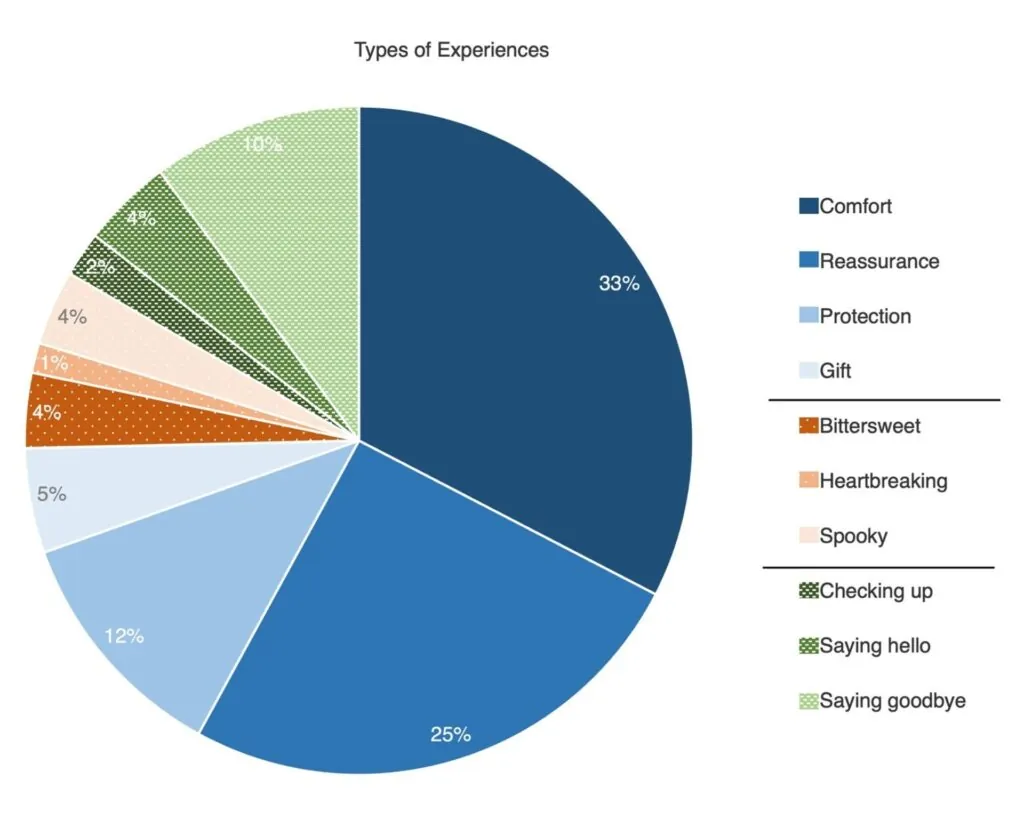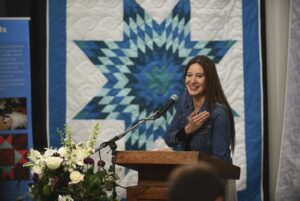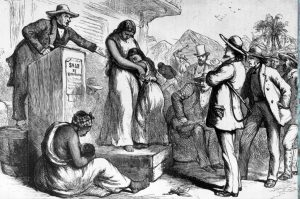“Get over it, it was just a dog.” “Get over it, it was just your child.”
You would never hear the second quote. The grief one experiences following the loss of a family member or close friend is understood and respected. The grief following the loss of a dog, or another family pet, is not.
The grief that follows a loss that is not socially acceptable is called disenfranchised grief. The individual who experiences the loss is not validated in their feelings by those around them. Disenfranchised grief exacerbates the standard mental effects of loss, leading to depression, social isolation, psychosomatic illness, and substance misuse.
The loss of a dog, or another pet, is a common cause of disenfranchised grief. This is not surprising, as dogs play a significant role in their owners’ lives. Nearly all (97%) dog owners consider their dog part of the family. However, American society often lacks the understanding or respect for grieving a dog that dies, leading some to continue their bond with their departed pet.
Jennifer Golbeck wanted to understand the supernatural experiences, a form of continued bond, people have after losing a dog. She evaluated 554 responses to the question, “If you’ve lost a dog, have you had an experience like seeing their ghost, receiving a sign, or did they communicate with you?” that she posted on Instagram and X (previously Twitter).

The figure above shows respondents’ supernatural experiences. Responses were categorized as positive interactions (blue), mixed to sad interactions (orange), and interpreted messages (green). Three out of four people reported that supernatural experiences with their dogs were positive. Supernatural interactions may be a form of grieving and a way of feeling less alone in their grief.
Goldbeck concludes that positive feelings, like comfort and reassurance, associated with interactions with the ghosts of their dogs help alleviate owners’ grief. Golbeck suggests that society needs to offer the same space and respect for owners to grieve pets that we do for people. Allowing space for such grief is crucial in providing the compassion every mourner deserves.




